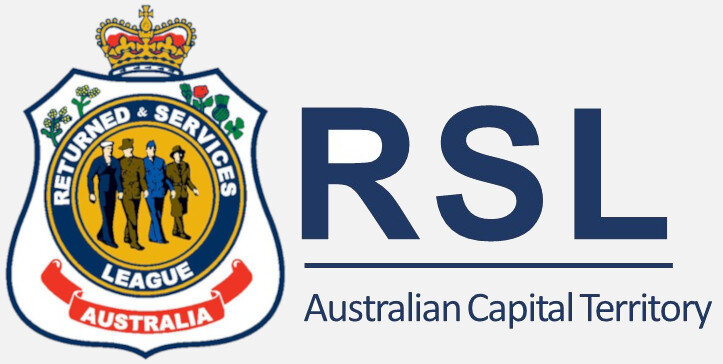How to prepare for a job interview
Job interview tips you mightn’t have thought of (plus sample job interview questions).
So you’ve got an interview for that job you worked so hard applying for. Well done! But do you know how to prepare for a job interview? These job interview tips and tricks are a great place to start.
Interviewing for a civilian role after an ADF career can be intimidating. It’s a whole new workforce with a whole new culture. Our job interview tips will give you the confidence you need to make a lasting impact on your interviewers, and hopefully get the gig. But for free one-on-one support with an expert, reach out to the RSL Veterans’ Employment Program.
job interview tips
Research the company
What’s its values, vision, and mission? Having general knowledge about the company you're interviewing at makes you look serious about the role, so drop that into conversation and relate it back to you.
Know why you want the job
What interests you about the role, what rewards are offered that you find valuable, and what abilities are required that you possess? An interviewer will know if you’re interested in the role if you can answer that question earnestly.
Dress for the occasion
Ensure you dress appropriately to suit the job and the industry. In a creative role it might be acceptable to dress more personably, even casually. But in a corporate role, dial up the professionalism. You might also like to think about colour; it’s thought that colours convey different messages. Read more about that here.
Be on time
Seems obvious, but don’t be late. It’s important that you show the interviewer that you are reliable and respectful of their time. If for some reason you can’t be on time, let them know as soon as possible and offer to reschedule if that suits them better.
Be honest, modest and in control
Forget about bravado; if you don’t understand a question or you need further clarification, let them know. This shows you are honest, and can adapt and learn as you go. If you really don’t have the answer to a question, it’s ok to control the conversation and say you haven’t experienced that particular situation, then give them an alternative experience that was similar.
Pause for thought
A simple way to gain some time to think is to accept a glass of water when they offer it. Use the time to have a sip to think about their question before answering.
Talk about yourself only in relation to the role
The question ‘tell us about yourself’ can be a tricky, as they aren’t interested in your life story. Rather, they want to know about who you are in the context of the job.
Match your language
Just like you did when you were writing your job application (tips for that here and here), ensure your language fits the industry. Have a look over the original job advertisement and pick out key words the employer has used. If you can use these in your interview, it will give the impression you’re a natural fit for the role. But most importantly, keep it natural and authentic.
Ask a considered question
Show your enthusiasm for the role and ask the interviewers a question, perhaps something that came to mind when you were researching the company for your interview preparation. Avoid questions related to remuneration or career progression if they don’t offer this information. They want to know you’re thinking about how you’ll fit the role, not just the benefits.
Modify your behaviour to the situation
Your aim is to make a good impression, so be courteous and follow the interviewer’s lead. You don’t have to shake hands, especially in multicultural areas, but if they try to shake your hand, don’t leave them hanging. If you prefer not to shake hands, then have a polite yet direct response ready to let them know.
Remember the interviewers’ names
Forgetting a potential employer’s name makes you look inattentive. Some great ways to commit their name to memory are:
● Repeat their name back to them
● Say their name three times to yourself
● Use their name after asking questions.
Follow up afterwards
One way to be memorable is to send a follow up email that same afternoon, addressing the interviewers by name and thanking them for their time. This leaves a lasting positive impression and keeps you fresh in mind.
Sample job interview questions
Google sample questions (bonus points if they’re industry specific) and practice answering them at home. There are hundreds of questions you might be asked, however these common questions are a good place to start.
Tell me about yourself
What attracted you to our company?
Why are you the best person for the job?
Why do you want this job?
How has your experience prepared you for this role?
Why are you leaving (or have left) your job?
What is your greatest strength?
What is your greatest weakness?
How do you handle stress and pressure?
Tell me about a time you encountered a business challenge. How did you overcome it?
How do you juggle competing priorities?
Tell me about a time you had to deal with a difficult client. How did you handle it?
Tell me about a time you made a mistake. How did you handle it?
How do you manage stakeholder expectations?
What are your salary expectations?
What are goals for the future?
need a hand? The RSL Veterans’ Employment Program can help.
Job interviews in the civilian workforce can be intimidating after years of military service. But the good news is that nailing a job interview is a skill that can be learnt and developed. The expert career coaches at the RSL Veterans’ Employment Program can work with you to prepare for a job interview, as well as writing CVs and cover letters. This service is free and local.


